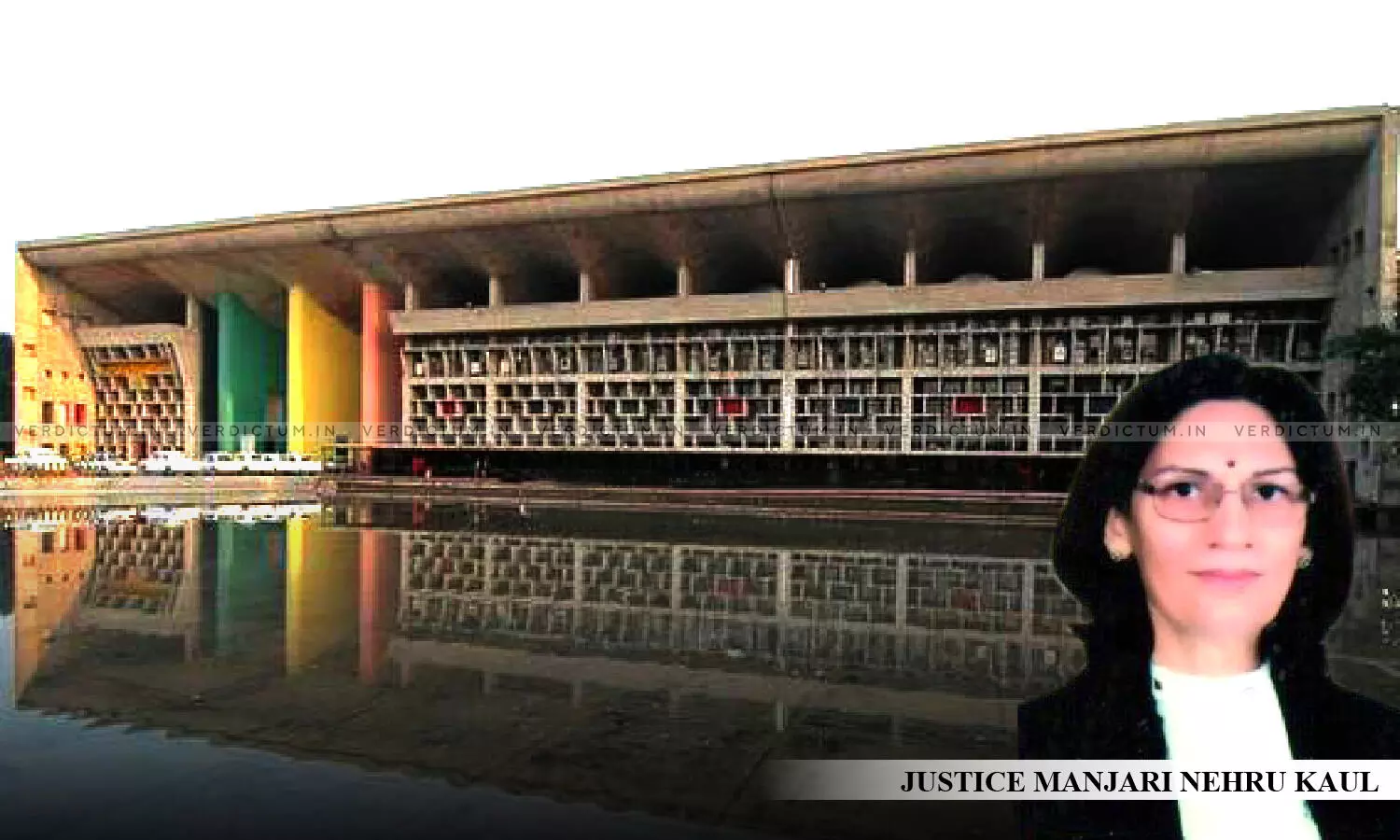
Possibility Of Deceased Being Highly Sensitive: Punjab & Haryana HC Acquits Wife Accused Of Abetting Husband’s Suicide
 |
|The Punjab and Haryana High Court acquitted a wife who was convicted for the abetment of suicide of her husband.
The Bench explained that the essential ingredient required to attract the provisions under Sections 107 and 306 of the IPC was that the instigation to commit suicide should be in close proximity to the alleged harassment, with the immediate trigger occurring shortly before the suicide.
A Single Bench of Justice Manjari Nehru Kaul observed, “ Possibility of the deceased being highly sensitive and choosing to commit suicide due to marital discord with the accused, who had admittedly been living apart from him for at least 10 days prior to the suicide, can be said to be a plausible circumstance leading to the suicide. The case of the prosecution thus, does not meet the criteria for abetment as defined under Section 107 of the IPC.”
Advocate Partap S. Gill represented the appellant, while Addl. A.G. Rajesh Gaur appeared for the respondent.
The wife had been convicted by the trial court for abetting the suicide of her husband, who was found dead near railway tracks. The husband had reportedly informed his father that the wife had left their matrimonial home after a dispute. After the husband and his family visited the wife’s house in an attempt to reconcile, she threatened his family to falsely implicate the husband in a dowry case.
Two undated suicide notes were found, implicating the wife as the reason for the husband’s suicide. The wife, however, denied any involvement.
Acknowledging that the relationship between the husband and the wife was strained, the Bench noted that they had been living separately for over 10 days before his suicide, undermining the prosecution's claim of continuous harassment.
The Court remarked, “As per the admitted case of the prosecution, the accused had left her matrimonial home at least 10 days before the suicide in question. The deceased committed suicide 3-4 days after their last meeting at the parental home of the accused.”
“Undeniably, the deceased did leave behind suicide notes, both undated, (Ex.P1 and P8) detailing the manner in which the accused had subjected him to harassment. However, it is crucial to note that all instances of mental torture and harassment referred to, in the suicide notes, had occurred even before the deceased left her matrimonial home,” the Bench further added.
Accordingly, the High Court allowed the appeal.
Cause Title: Kavita v. State of Haryana (Neutral Citation: 2024:PHHC:066924)
Appearance:
Appellant: Advocates Partap S. Gill and Eknoor Kaur Sara
Respondent: Addl. A.G. Rajesh Gaur; Advocate Vivek Singla